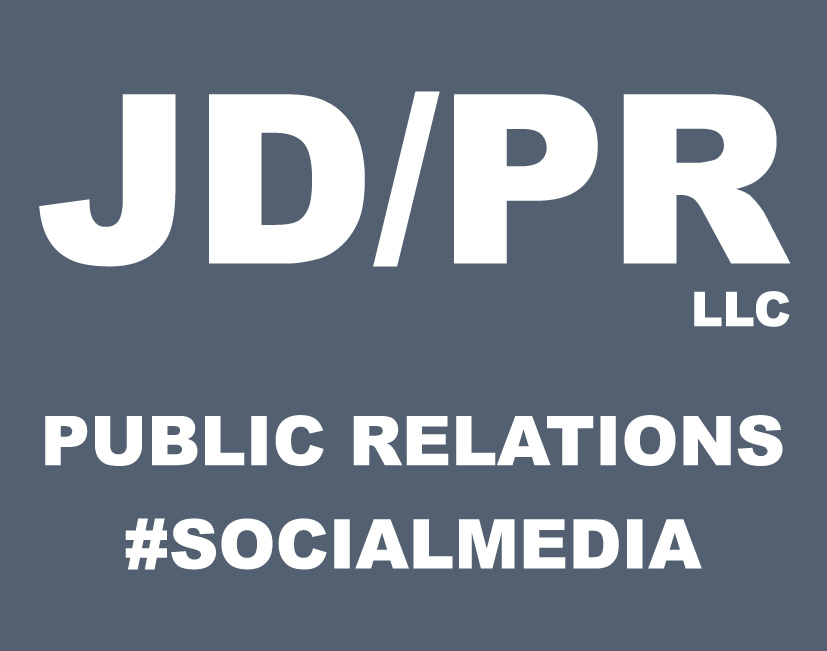New Reality of Crisis PR: Anyone with a Cellphone Becomes a ‘Reporter’
Activists and average citizens with their smartphones have radically changed the field of crisis communications.
It used to be relatively easy to control a message during a crisis, says Ed Tobias, formerly with the Associated Press and now owner of Tobias Communication Strategies. You could call a few reporters or hold a press conference to disseminate your information. “Today, everybody has a cell phone, so everybody can be a reporter.”
Tobias and Leigh George, co-presenters at this year’s Capitol Communicator Convergence in Communications Conference, emphasized the need to use social media as a listening tool to get ahead of a potential crisis situation. Tobias said the AP has a desk where all they do is monitor social media; and companies should have a dashboard in place to track mentions, keywords and competitors.
Crisis planning basics: make sure you have a current plan that outlines who is on the crisis communications team, the escalation levels specific to your organization’s vulnerabilities, and the roles of team members and steps for message development.
As for who should monitor social media, resist the temptation to assign this critical task to an intern or junior staffer. “It needs to be someone who understands when a situation rises to a crisis level and can make that call,” Tobias said.
Is it ever a good idea for an organization to remain quiet? “Others will talk for you, and that’s the danger,” cautioned George. “In general, you want to get ahead of the story, so it could be a spectrum of engagement, perhaps initially talking directly to suppliers or other audiences.”
George said organizations need to decide on the milestone that will signal the transition from crisis mode back to “regular” communications.
A key to getting ahead in a crisis is being proactive and fast in your response, Tobias said. Have boilerplate statements ready to update and post quickly (“we’re aware of the situation and will provide an update shortly…”). Otherwise, the public and media might assume you are unaware of the events impacting your organization.




Leave a Reply
Want to join the discussion?Feel free to contribute!